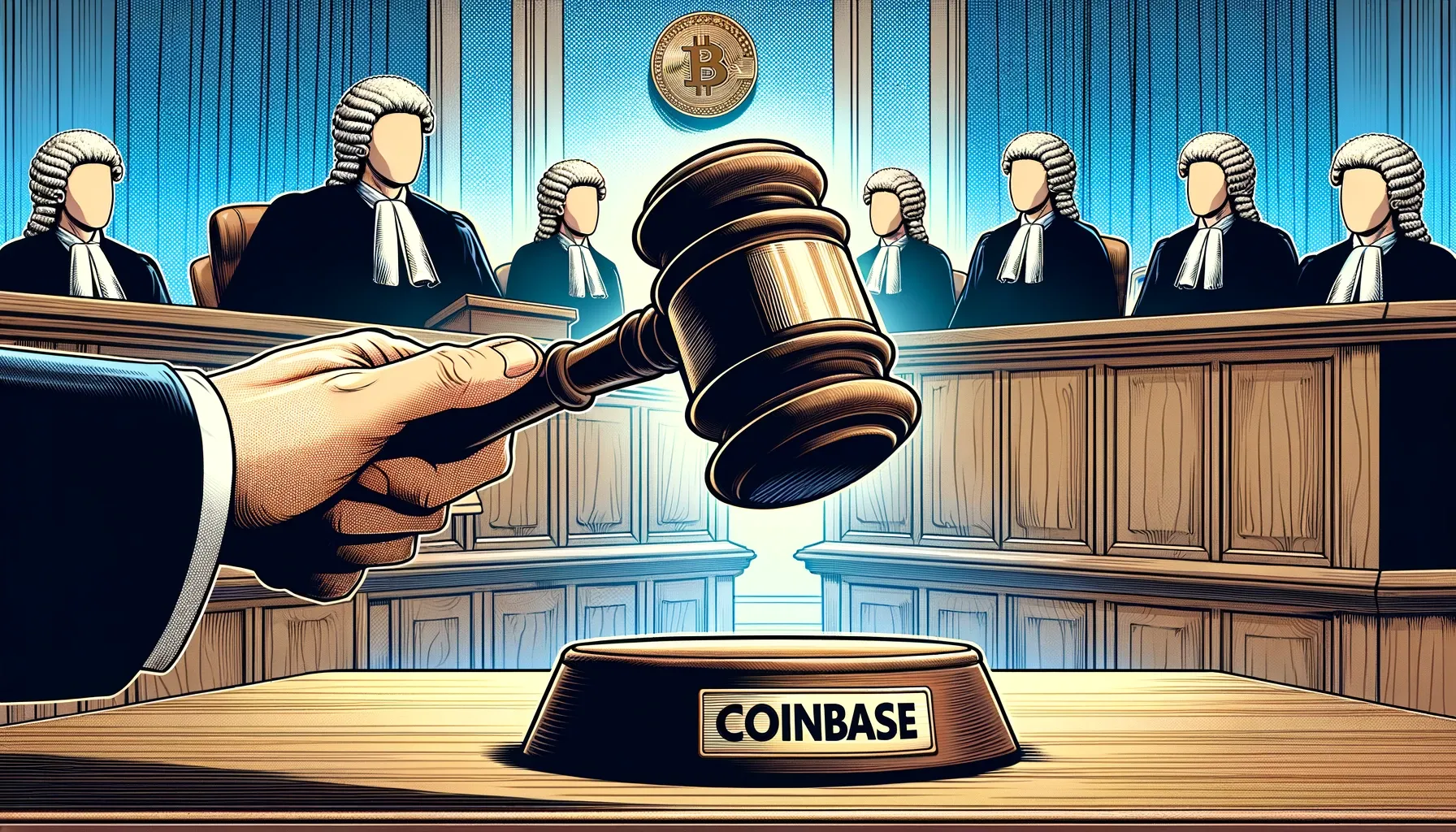Coinbase Wins in Lawsuit Over Cryptocurrency Transactions
Court rules in favor of Coinbase

In a monumental ruling, Coinbase, a leading cryptocurrency exchange, has emerged victorious in a pivotal lawsuit, marking a significant win for the crypto industry. The United States Court of Appeals for the Second Circuit sided with Coinbase, establishing that the exchange's secondary sales of cryptocurrencies do not breach the Securities Exchange Act. This decision sends ripples through the crypto world, affecting countless individuals who traded tokens on Coinbase between October 2019 and March 2022.
The core of the controversy revolved around whether the cryptocurrencies traded on Coinbase qualified as securities. Plaintiffs argued that Coinbase engaged in the sale of unregistered securities, violating several securities laws. They pushed for legal action under both federal securities law and state laws from California, Florida, and New Jersey.
However, Coinbase contended that these secondary sales of crypto assets did not constitute securities transactions, challenging the application of securities regulations. The court delved into various facets of the case, overturning some lower court rulings while upholding others. It pinpointed Coinbase’s potential liability for selling unregistered securities but dismissed claims related to the Securities Exchange Act due to a lack of specific contractual evidence needed for rescission.
This legal victory is not just about Coinbase; it's a pivotal moment for the entire crypto industry, emphasizing the need for regulatory clarity. The court's nuanced interpretation of Coinbase's user agreements, which have evolved over time, played a crucial role in the outcome.
The ruling has been met with mixed reactions. Plaintiffs see it as a step towards greater accountability for crypto platforms, aiming to enhance investor protection. Meanwhile, Coinbase views the decision as a reaffirmation of its stance that secondary crypto sales do not constitute securities transactions, with Paul Grewal, Coinbase’s chief legal officer, expressing gratitude for the court's confirmation.
This landmark court decision underscores the ongoing debate over cryptocurrency regulation and highlights the industry's call for clearer guidelines to nurture innovation.


